
Kenya Loses Millions of Shillings in Beer Tax Evasion
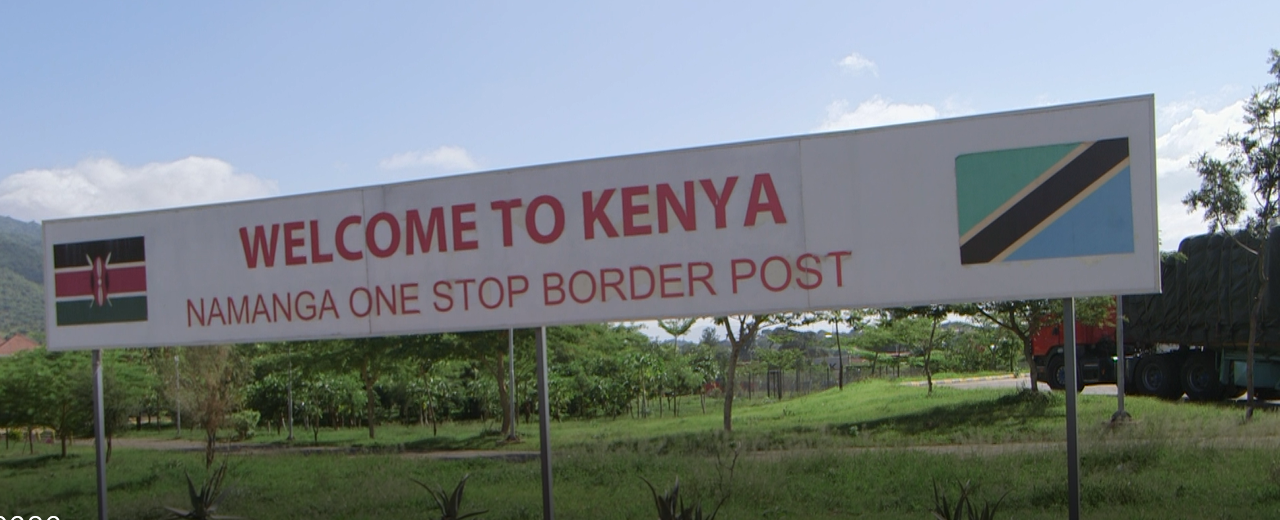
BUSIA, Kenya – Porous borders, coupled with tax differences in pricing between Kenya and her neighbouring countries, are fueling illicit cross-border trade in beer, leading to the loss of export and import duties for the East African nations.
Quoted in the official Tax Matters bulletin, Commissioner General Githii Mburu says in 2020 the Kenya Revenue Authority profiled 1,309 individuals and companies for tax evasion, with tax-loss estimated at about Kshs.259 billion from all tax evasion cases. In October 2020 Kenya Revenues Authority’s press release, KRA seized alcoholic products affixed with counterfeit excise duty stamps amounting to ksh. 12M (109 USD)
And in a 2018 State of the Nation address, President Uhuru Kenyatta estimated that the country was losing KSh30 billion in revenue annually as a result of tax evasion, counterfeiting and unlicensed products.
A spot check by The Insider newspaper along border towns indicated that Kenyans preferred to consume liquor from neighboring countries owing to its cheapness and availability. In border towns such as Busia and Malaba, Ugandan alcohol is the preferred drink while in the opposite border town of Namanga, residents opt for Tanzanian beers.
A half-litre bottle of Kenyan beer retails at Ksh.200 (USD.2) in Kenya while it retails for Ksh.80 (USD. 0.80) in Uganda, prompting revelers to cross the border and return home after taking their fill. It is less at the Tanzania borders, where it retails for Ksh.75 (USD 0.70).
Despite arrests by security organs, illicit liquor from the neighboring countries still finds its way to Kenya’s bars.
In February 2020, Naivasha police intercepted liquor worth millions of shillings from traders that had snuck its way from Uganda in a trailer. Naivasha area police boss Samuel Waweru confirmed the arrests of two truck drivers in connection with the crime.
The Directorate of Criminal Investigation arrested a man in Kenya’s capital Nairobi in May last year and recovered, among others, 800 pieces of Konyagi spirit (Tanzanian liquor) bottle tops, 800 pieces of Kenya cane spirit bottle tops and two rolls of fake Kenya Revenue Authority stickers.
Two Administration police officers working in Mumias, Kakamega, 86 kms from Busia, were recently arrested on charges of ferrying illicit alcohol, believed to have been sneaked in from Uganda, using a police vehicle.
In 2019, African Spirit Company Limited, one of the biggest alcohol manufacturing companies, was entangled in a multibillion tax evasion scandal. During the arrest of CEO Humphrey Kariuki, the then Inspector General of Police, Joseph Boinet, suggested that the company was involved in smuggling of illegal ethanol through Tanzania. The company denied the allegation. The business tycoon was later acquitted together with his co-directors in a Ksh7.4M (676 USD) tax evasion case in December 7th 2020 by Principal magistrate Kennedy Cheruiyot on grounds of no witnesses by the prosecution.
City detectives were caught two years ago escorting a lorry full of contraband liquor suspected to be imported from Uganda, bound for Nairobi. Among the seized products – all with Ugandan labels but no KRA clearance – were 109 crates of Guinness, 73 crates of Tusker Lager, and 20 crates of Tusker Lite.
At Namanga, the border town between Kenya and Tanzania, sources who spoke on condition of anonymity for fear of reprisals, narrated how the illicit liquor was smuggled into the country usually in unmarked cars and repackaged in disused warehouses in the “No-man’s-land”
between the two countries.
”Kenyan beer is very expensive. You could have three Tanzanian beers for the cost of one Kenyan bottle,” said Peter*, a Namanga resident.
“We opt to cross over and quench our thirst there (in Tanzania) before going back home.”
Alex*, who comes from the same town, agreed that the price difference was the main cause of the problem as consumers sought to save every little cent they could.
”We cannot afford Kenyan products,” he said. “They are expensive
(and) that’s why we prefer Tanzanian products. Ironically, we get it at the same price as the Tanzanians, with no extra cash being levied on top.”
Harmon*, a self-confessed smuggler, boasted that it was easy to sneak liquor into the country past the law enforcers through unmanned border points.
He said: ”The beer is processed in Arusha and once at the depot at the border point, we have a crew that packs it and we transport it with cars to as far as Nairobi. There is an open route within the town where vehicles from Tanzania come to Kenya unnoticed. Since it’s a small-knit town, most police officers let you go past especially since most are our neighbors and friends.”
Officers from Namanga Police Station, who could not be quoted as they are not allowed to speak to the press, said it was difficult to arrest perpetrators because the law prohibits the arrest of anyone living within a 15-km radius of the border post found with an imported item as this is considered a privilege.
The Insider was unable to find this provision in Kenya’s customs and border control laws.
According to the KRA bulletin, Investigations have in the past unraveled a Kshs.30 billion tax evasion scheme. While the statement is a general conclusion on tax evasion cases, our investigations zoned on alcohol smuggling as one of the vice costing Kenya in revenue.
“It has been observed that the transit cargo heading to South Sudan and Democratic Republic of Congo (DRC) for instance is under-declared and lower taxes paid to the respective revenue authorities due to one reason or another. KRA has investigated several cases where goods imported from overseas are declared to be transiting to South Sudan via Malaba and Busia One Stop Border Posts (OSBP).”
The Kenya Association of Manufacturers (KAM) says illicit trade is a longstanding problem that negatively affecting economic development.
Kenya Association of Manufacturers KAM CEO Phyllis Wakiaga said: ”The vice not only threatens the welfare of consumers but also provides substantial resources to support criminal networks and organized crime. It erodes the market share of genuine manufactured products, threatens the expansion of industries, and hampers the creation of job opportunities.”
Wakiaga noted that tax differences were one of the key reasons why alcohol was being smuggled in and out of Kenya, affecting regional economic stability.
The East African Breweries (EABL) – main manufacturers and producers of alcohol in Kenya – declined to comment.
*Names have been changed to protect identity.
This story was produced by The Insider. It was written as part of Wealth of Nations, a media skills development programme run by the Thomson Reuters Foundation in partnership with The African Centre for Media Excellence. More information at www.wealth-of-nations.org. The content is the sole responsibility of the author and the publisher.

















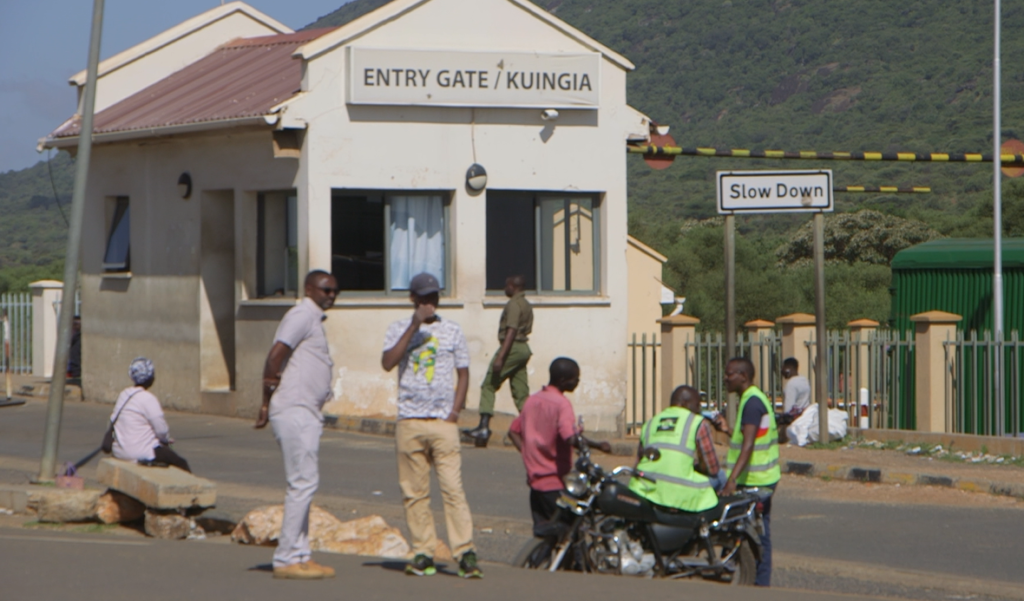
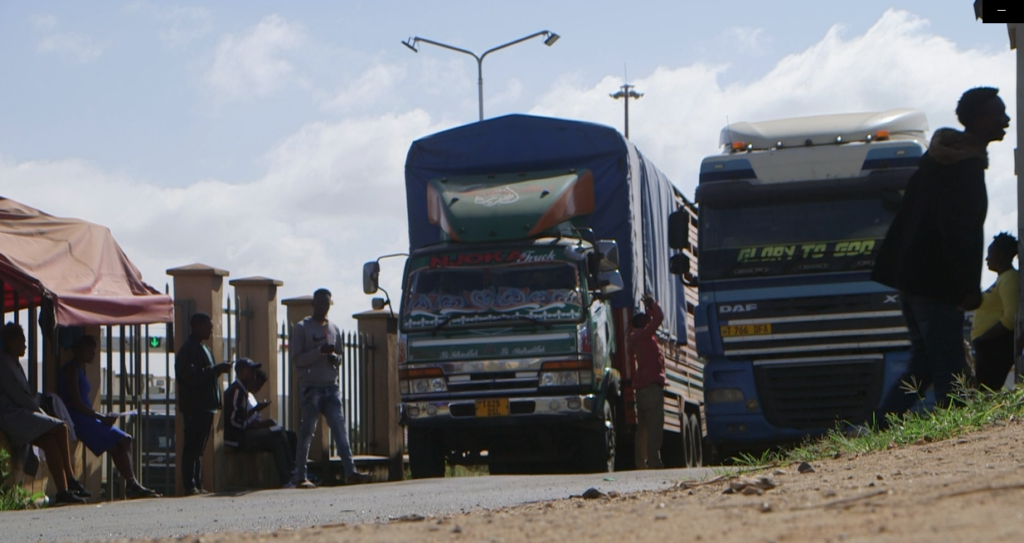
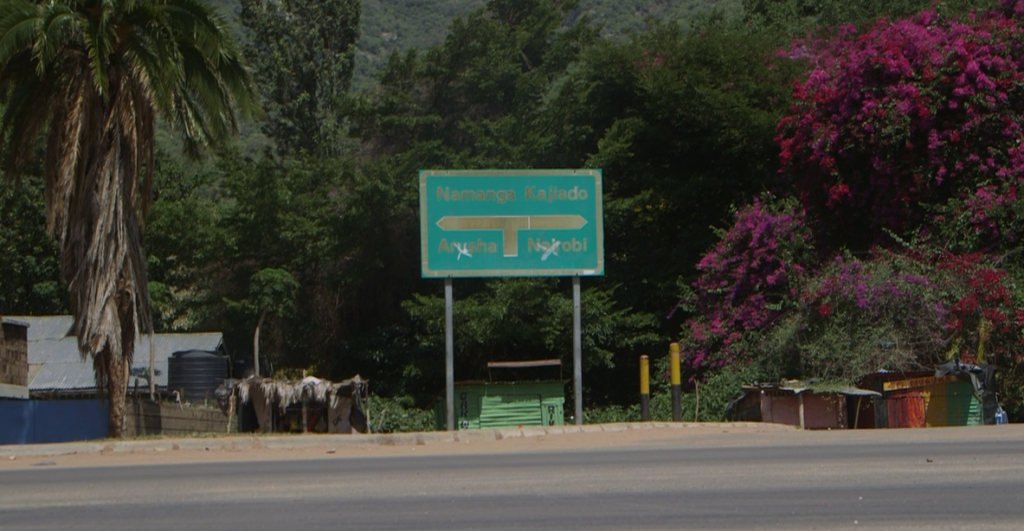
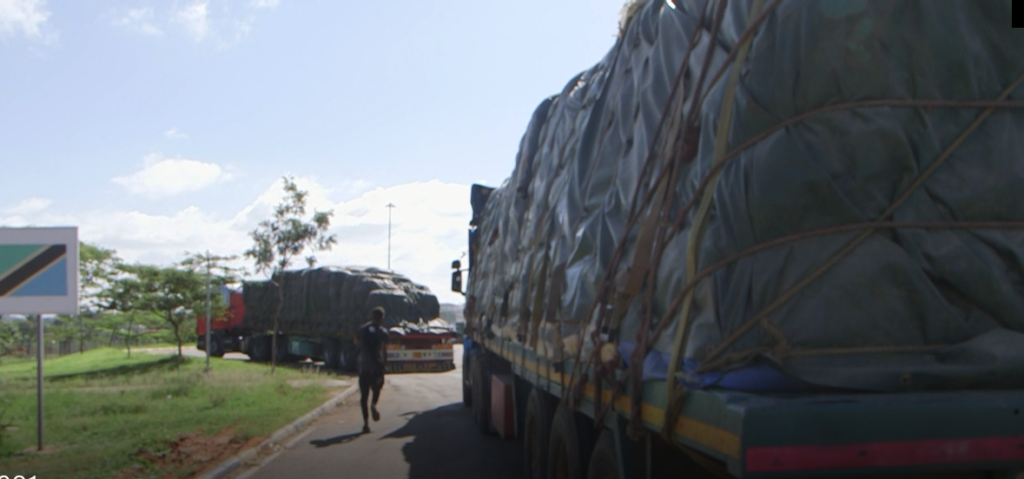


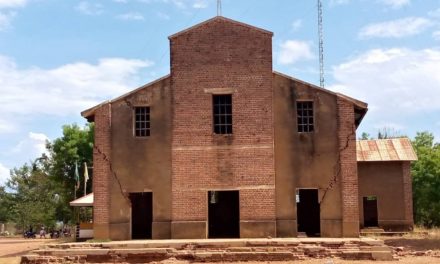

This is quite revealing
Good Job, Murani